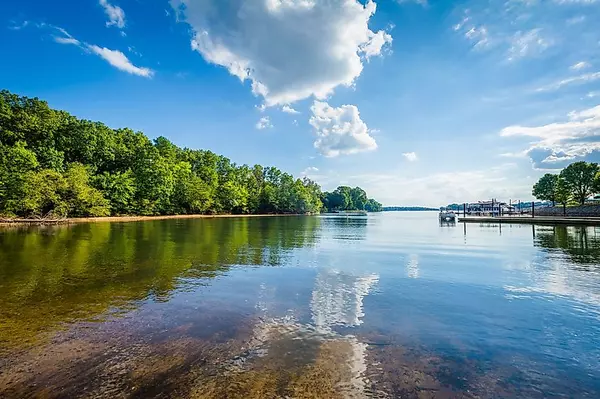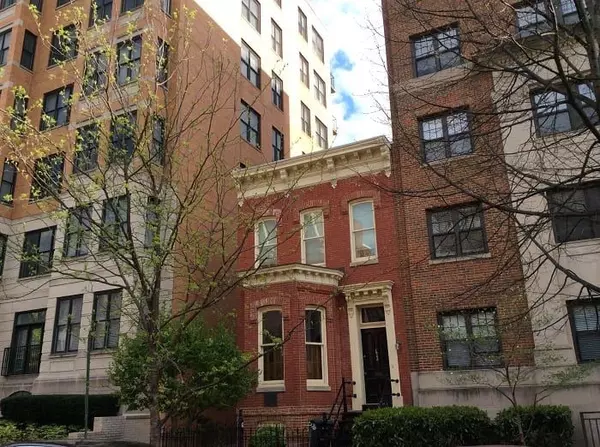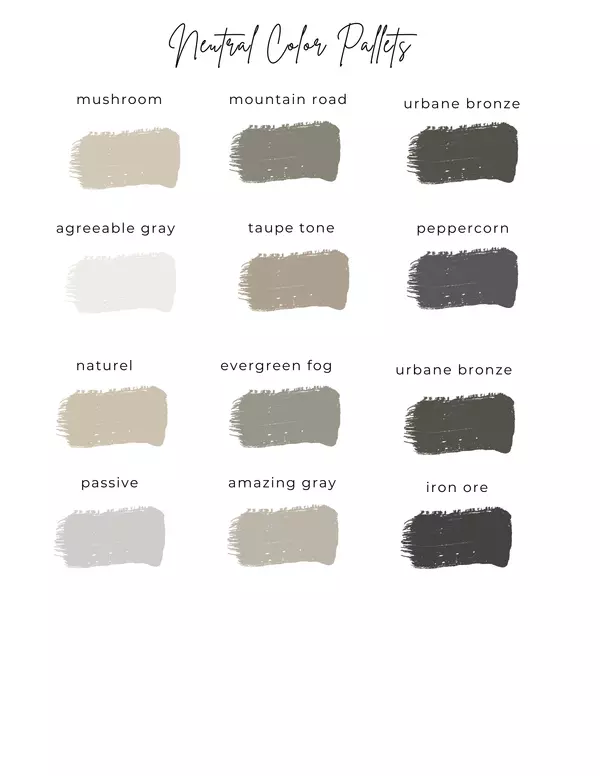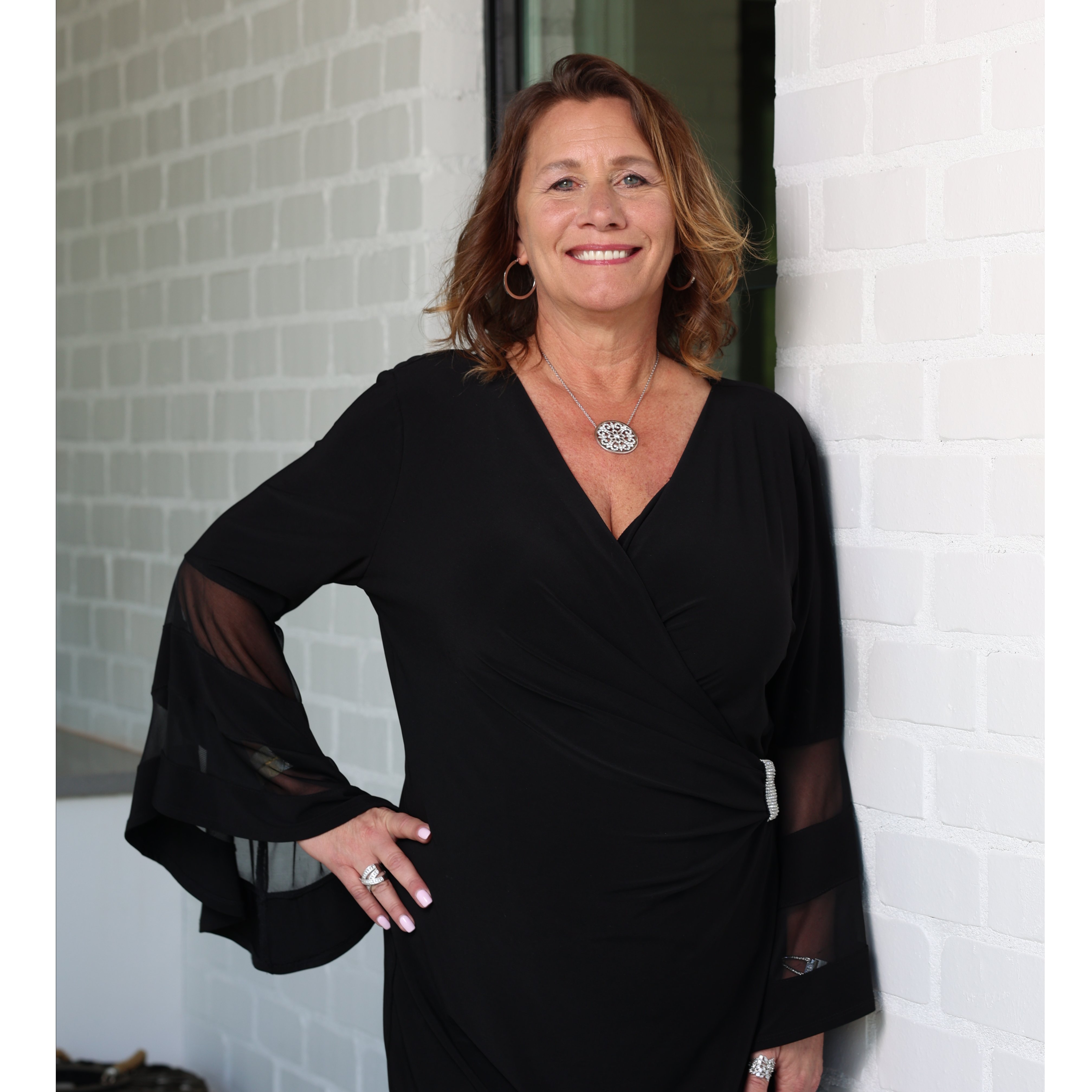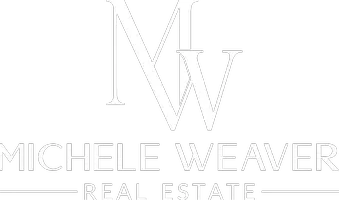5 Questions Every Buyer Should Ask Before Buying a Waterfront Property on Lake Norman
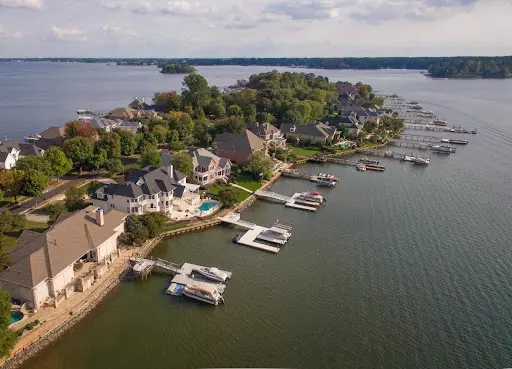
5 Questions Every Buyer Should Ask Before Buying a Waterfront Property on Lake Norman.
Buying on Lake Norman or any waterfront comes with extra steps—and peace-of-mind knowing you’ve covered the essentials. Here are the top five questions I tell clients to always ask, with local touches and personal observations.
- What am I actually buying—water rights, lake access, dock?
It pays to know exactly what rights come with your property. Are you getting full lakefront with private dock rights, or just community access? Some homes come with shared docks or lake easements—so ask for deed info and review any HOA or lake association rules. Expert advice: “Fully understand what property/lake rights you are buying”
- Is flood insurance required—and what flood zone am I in?
Lake Norman homes often do not need flood insurance, and rates depend on if you are in a flood zone. Don’t rely on seller or agent claims—get a current flood certificate. This protects you and helps with accurately forecasting annual costs.
- How healthy is the shoreline, and what about water quality?
Ask about shoreline condition in summer—weed growth, depth, erosion. Photographs across seasons and insights from neighbors matter. Also, check the North Carolina Department of Environmental Quality’s Division of Water Resources (DWR) for water conditions. They conducts regular monitoring——particularly for algae blooms, toxins (like microcystins), and overall water conditions. They maintain an Algal Bloom Dashboard and issue public advisories when necessary.
- What's the dock and seawall situation—and who maintains them?
Inspect the dock’s age, permits, and upkeep history. Is it private or shared? Who’s responsible for maintenance—seller, buyer, or HOA? Ask for inspection reports on seawalls and slip conditions. Duke Energy controls all shoreline development—including docks, piers, and boat lifts—within their regulated zone (typically the first ~50 feet landward and much of the waterward area)
- What are ongoing expenses—septic, HOA, taxes, utilities?
From septic systems to private wells and regular upkeep (roof, siding, HVAC), owning lakefront brings recurring costs. Ask:
- When was the septic last inspected?
- Are HOA dues required, and what do they cover?
- What are local property taxes and flood insurance estimates?
🌅 Bonus Local Consideration: What’s it like off-season around here?
Denver and Lake Norman are magical in summer—but slower in winter. Ask about off-season lake use (boats docked? trails still open?), seasonal water-level changes, and the local community vibe during cooler months.
Why These Matter
|
Question |
Why It’s Crucial |
|---|---|
|
Property & rights |
Avoid disputes and ensure your investment aligns with your lifestyle |
|
Flood insurance |
Prevent surprise costs and build realistic budgets |
|
Shoreline & water |
Clean water, safe docks, and aesthetic appeal matter |
|
Dock/seawall care |
Neglecting these can mean expensive repairs |
|
Recurring costs |
Prep for the “hidden” ongoing expenses |
|
Off-season life |
A true picture of year-round living beyond summer |
🧭 What You Can Do Next
- Research flood zones on the Lake Norman FEMA maps.
- Visit the shoreline with seasonal photos or drone shots.
- Talk to neighbors or Duke Energy or DWR ask about water quality and lakeside upkeep.
- Request septic/well reports upfront—don’t wait until inspections.
- Build your buying team: local lender, inspector, and lake-savvy agent—all in your corner.
When these questions become part of your thinking, you're no longer just buying a beautiful view—you’re investing with clarity, safety, and long-term value. Happy to help find the right owners for Lake Norman homes—let's keep going with the next blog when you're ready!
Categories
Recent Posts
